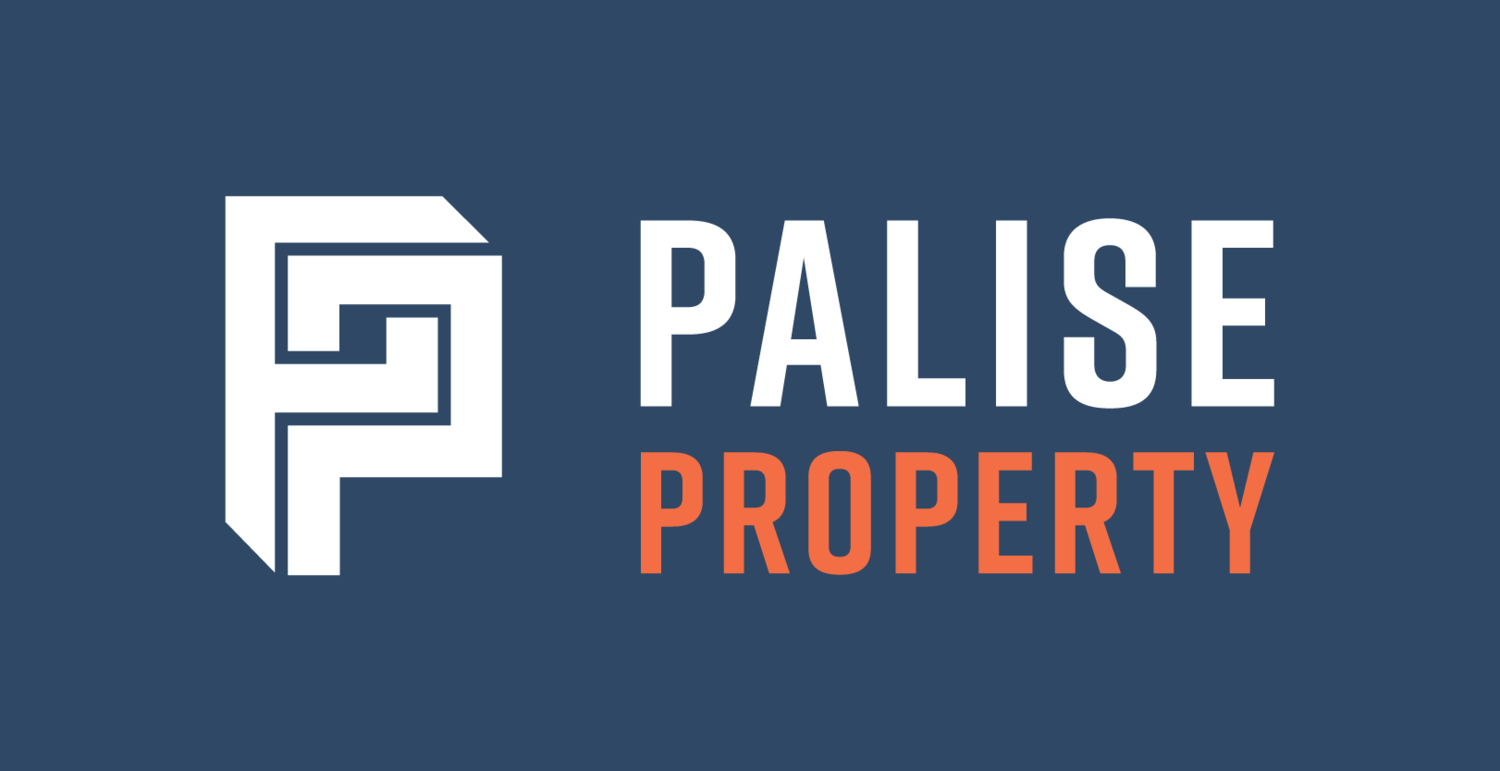How to Make Property Cash Flow Work For You
Cash flow relates to the money that comes in or from an investment property, and this measure covers a specific time frame, often a week or a year. It takes into account the money made from the property, including the value of tax advantages, and then takes away the costs.
Understanding cash flow gives you a clear picture of how much money you'll need to invest in or gain from a property every week.
It helps with managing your finances and striving for a passive income in the future if you haven't reached that point yet.
When you're figuring out your cash flow, there are some important factors to think about:
Loan Interest Rates: This is how much extra money you pay on top of the initial amount you borrowed.
Rent You Get: The money you earn from renting out your property.
Depreciation: The decrease in the value of your property over time, which might impact your taxes.
Known Expenses: The costs you're sure you'll have to pay regularly.
Estimated Maintenance Costs: An educated guess of how much you might spend on fixing things.
Tax: The money you owe the government based on your property and earnings.
The tricky part about cash flow is that it's hard to be entirely certain about it before you buy a property. After you've made the purchase, there are two cash flows to consider: pre-tax and post-tax cash flows.
Depreciation and tax benefits might improve the situation, but you should also be ready for unexpected repairs or times when the property isn't rented. To get a rough idea of your possible cash flow, you can quickly crunch some numbers using the list mentioned above.
If you think of cash flow as the money the property makes after all the costs, then the following formula works:
Cash flow = (net income + tax/depreciation benefits) – (mortgage repayments + all expenses to the owner)
Making Your Cash Flow Work For You
Investors often have two main choices regarding property strategies: focusing on cash flow or aiming for capital growth. The decision depends on how much risk they're comfortable with, their goals, and the numbers involved.
A property with positive cash flow brings in more money than it costs to run. This cash flow indicates that a rental property makes a profit, showing how much it might earn.
If you plan to retire and live off a passive income, you might lean towards cash flow properties. These are investment properties that provide a solid return.
When you hit the cash flow amount you want each week, you can decide whether to stop working and live off the income your properties bring in.
It's generally easier to rely on cash flow than to sell properties and use the money you've gained from their increasing value.
Cash flow is a crucial factor in growing your property portfolio. But remember, having enough income is also important.
Without it, you might face difficulties qualifying for property loans because the bank will want to know if you can handle the loan payments.
Key Takeaways
It pays to be smart when it comes to investing, and that’s why understanding cash flow is invaluable. It allows property investors like you to plan for the future and be prepared for any bumps that may arise along the way.
There’s more to consider than the purchase price when investing, so pay attention to all the details and factor in taxes, expenses, and potential repairs or improvements you’ll need to make.
Keep your goals in mind and always consider what is best for your circumstances.
If you're interested in investing in residential property and would like to learn more about what it entails, I’ve written this easy-to-read guide that provides a thorough overview of the process of investing in residential property.
"Residential Property Investing Explained Simply" covers a wide range of topics, from understanding the factors that can impact the value of a property to the ins and outs of property investment.
Whether you're just starting to explore the world of property investment or are looking to deepen your understanding of the subject, this book is a valuable resource that can help you make informed decisions and maximise the value of your investments.
Alternatively, if you want to know how I’ve helped investors acquire a range of residential properties, feel free to reach out today.
